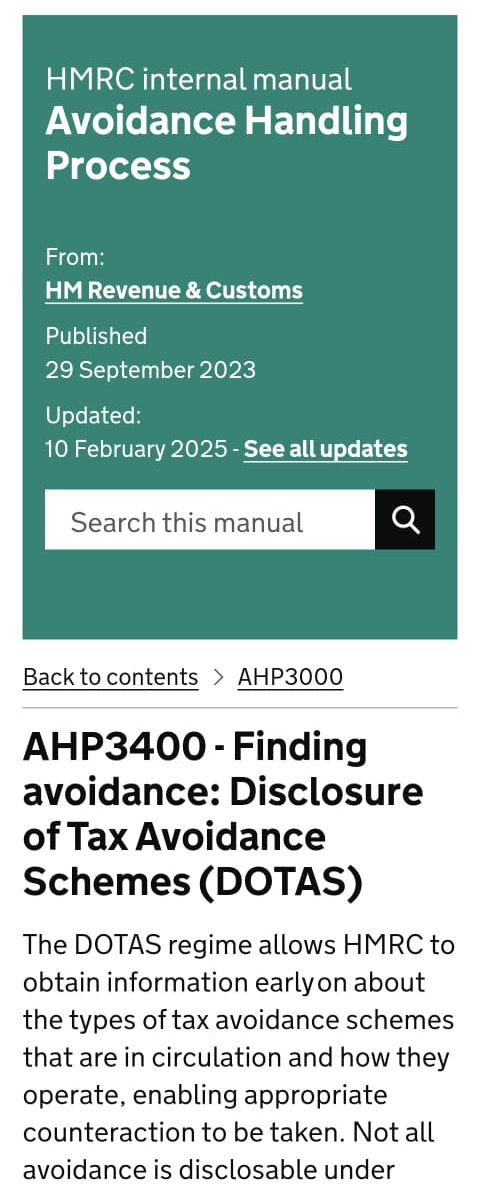Moving Goods to and from Northern Ireland and the Republic of Ireland
- Hammad Baig-Tax Barrister

- Feb 18, 2021
- 4 min read
Goods moved from Great Britain to Northern Ireland are now subject to declarations, and may be subject to duties if at risk.

Goods movement declarations and safety and security declarations apply to goods sent from Great Britain to Northern Ireland. Tariffs may need to be paid on goods deemed ‘at risk’ of moving to Ireland and the EU. Food and agricultural products (and all goods classified as sanitary and phytosanitary) are subject to health certification and specified processes.
Moving goods from Northern Ireland to Great Britain continues as it did previously, therefore, no additional process; no additional paperwork; and no additional restrictions apply. However, export declarations are required in extremely limited circumstances for goods subject to international obligations or for goods moving under customs duty suspension.
Trade in goods between Northern Ireland and Ireland (and the EU) continues unaffected. Therefore, there is no change at the border; no new paperwork; no tariffs; and no regulatory checks. However, NI businesses must ensure they continue to meet EU regulatory standards –for example, CE Marking.
Trading between Northern Ireland and non-EU countries continues broadly as it did previously. Northern Ireland will benefit from future UK Free Trade Agreements and tariffs may apply to imports. The UK tariff regime will apply, unless goods are considered ‘at risk’ of moving to the EU. In which case the EU Common External Tariff will apply.
Goods moved under Transit procedures are subject to specified processes. Traders can voluntarily make use of Transit procedures to move goods. Transit continues in the normal way and can be discharged at authorised locations or a government office in Northern Ireland.
Transit can be used to move goods from GB to Northern Ireland via Ireland. Transit declarations would have to be made, and some trucks would need to use seals. Food, agricultural, and any SPS goods moved on this route will require SPS checks in Ireland before proceeding to Northern Ireland. Administrative processes and Transit declarations will also apply to goods moved on other Transit routes. For more detail, review updates and guides on the NICTA website.
Before engaging in any cross-border trading a UK trader should take the following initial steps.
Register for the Economic Operator Registration and Identification (EORI) number
Decide whether to use an agent to make import and/or export declarations or to make these declarations by subscribing to software that interacts with HMRC’s systems.
Contact your goods haulage firms to find out if additional information will be needed to enable them to make the necessary safety and security declarations, or whether these will need to be submitted by the business.
Find out the commodity code of the goods in question – commodity codes classify goods so an export declaration may be completed.
Determine the value of the goods, there are various methods that can be used to value the goods.
Check whether the goods require an import and export license, goods such as medicines, food items and livestock would have licencing, marking and marketing regulations to comply with.
Understand the rules of origin and establish the origin of the goods.
Consider Customs Duty Planning eligibility to use any reliefs and customs procedures, such as:
customs warehousing;
temporary admission and end use;
inward and outward processing; and
transit.
Select the correct customs procedure code for any goods being imported. This is key to paying the correct amount of customs duty, excise and VAT. Customs procedure codes (CPCs) identify the customs and/or excise regimes that goods are being entered into and removed from (where this applies).
Declare the imports to customs.
Customs declarations are made by completing a Single Administrative Document (SAD), form C88.
SADs can be submitted electronically using the Customs Declaration Service.
Declare goods to free circulation or to any one of the special procedures including transit procedure, to include inward processing, outward processing, warehousing, transit procedure and authorised use procedure.
Once the goods are declared and released to free circulation pay duty on the goods.
Keep all related records.
Authorised Economic Operator (AEO).
Decide if registering as an AEO is beneficial. AEO status is an internationally recognised quality mark indicating that the trader’s role in the international supply chain is secure, and that their customs controls and procedures are efficient and compliant.
A trader can apply for AEO status for customs simplification (AEOC), AEO status for security and safety (AEOS) or both.
Exports.
If a trader is involved in exporting goods they must register to use the National Export System (NES). It allows export declarations to be made electronically.
There are a number of routes into the Customs Handling of Import and Export Freight (CHIEF) system. NES operates within the CHIEF system, which controls the movement of international cargo.
Once the means of transport upon which the goods were loaded has physically left the UK, a departure message must be submitted to CHIEF.
Upon arrival in the EU.
For UK exports arriving at the border of an EU member state, the EU will require payment of customs duty at the rate under the EU’s Common Customs Tariff (CCT), unless otherwise agreed. The EU will apply its MFN rates to goods imported into the EU from the UK. The EUMFN rates are set out in the CCT.
Problems may arise in relation to any cross border movement, please contact me if you need advice in relation to the above.



Comments